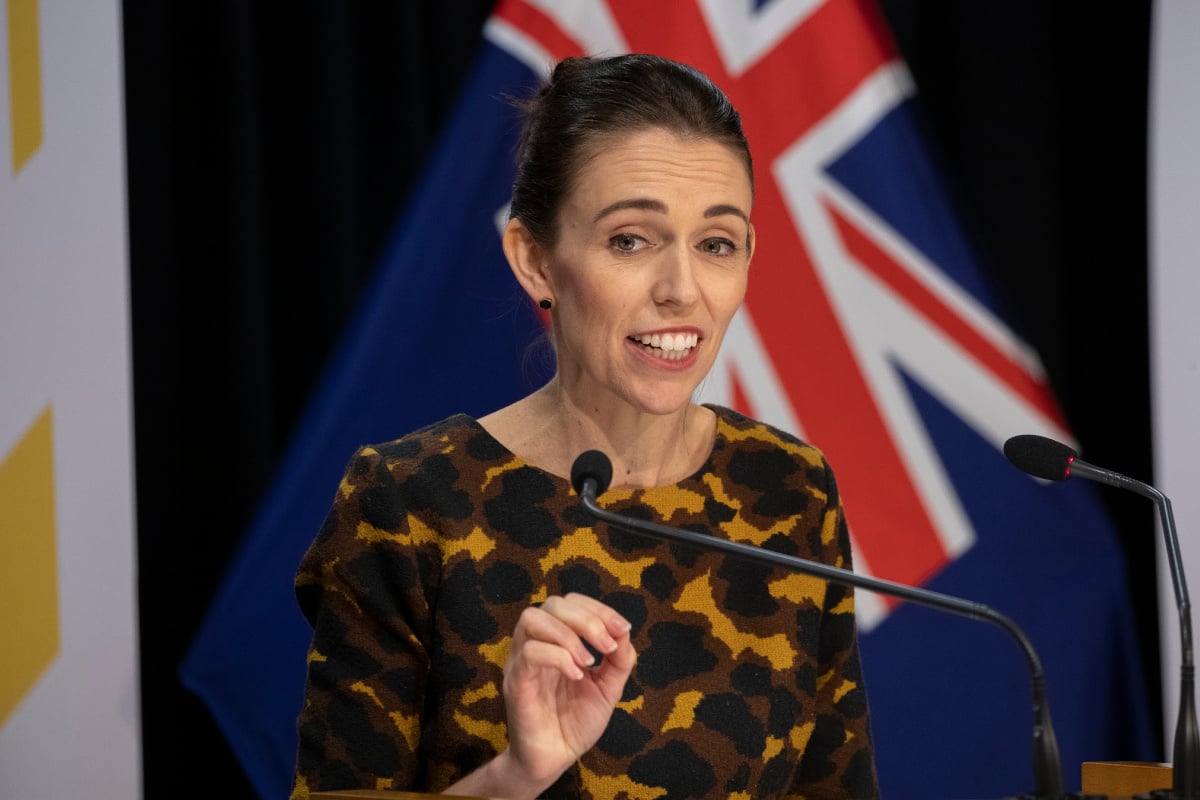
In late March, New Zealand Prime Minister Jacinda Ardern activated one of the world’s strictest lockdown measures to mitigate the health risk presented by the coronavirus pandemic. As a result, New Zealand has been credited with one of the best public health responses to COVID-19 in the world.
This week, the nation has recorded just three new cases. In total, they have recorded 21 deaths.
Now, New Zealand is able to prepare for the path out from lockdown, ahead of other Western countries.
On Thursday, Ardern outlined the new rules the country will face when New Zealand moves from a ‘level four’ lockdown to a ‘level two’ lockdown. New Zealand’s national cabinet will decide on Monday when the transition to level two will begin.
In level two, businesses will be allowed to re-open, domestic travel can re-commence, school is back in session and professional sport competitions will be played.
Side note… Celebrities are getting creative in isolation. Post continues below video.

